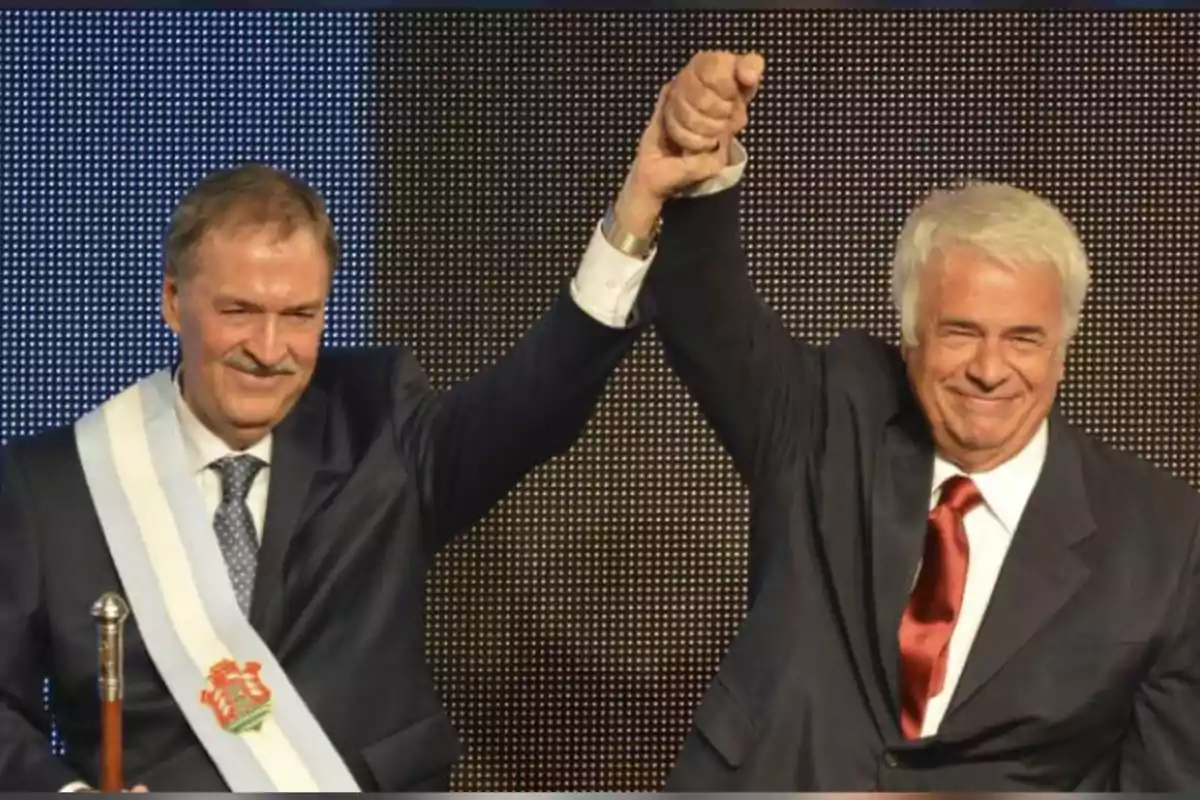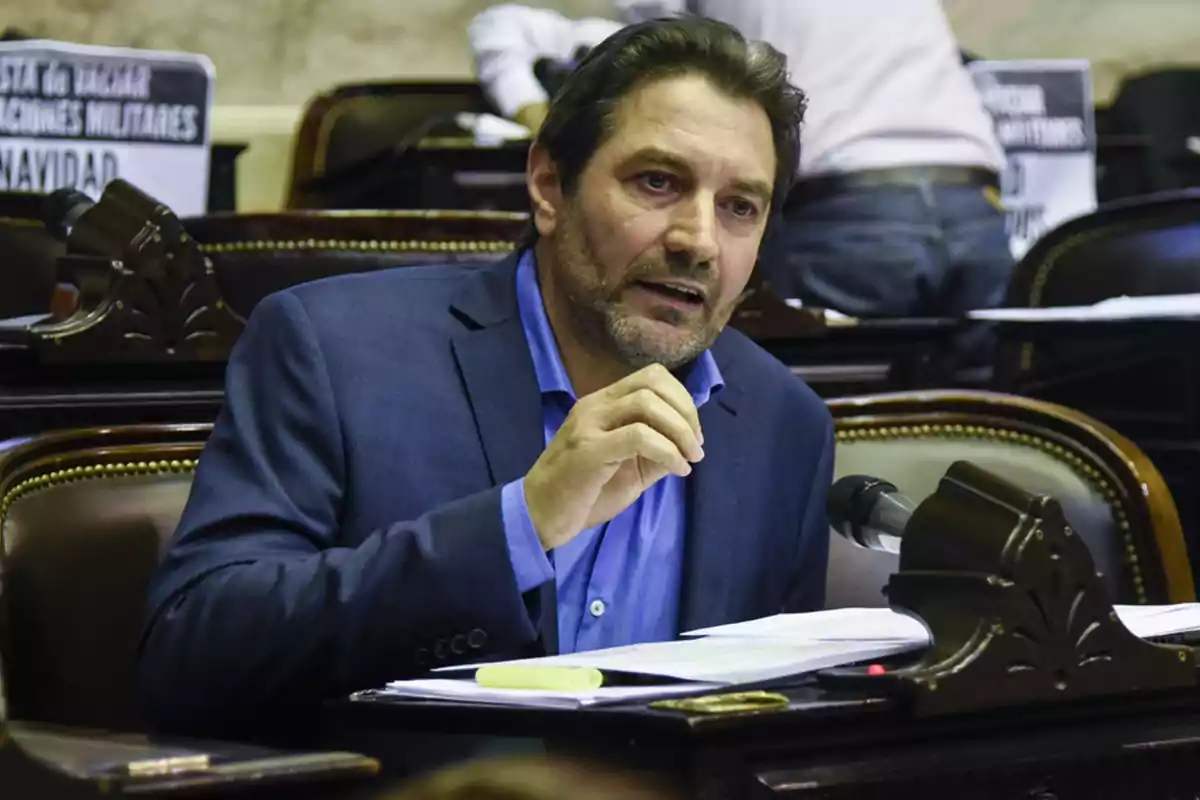
Elections in Córdoba: 3 PJ factions that promise the same recipe for failure
Córdoba's Peronism arrives fractured at the legislative elections with candidates who repeat old formulas and live off taxes
Córdoba's Peronism returns to the polls divided into three lists that claim to differentiate themselves, but in reality, offer more of the same. Juan Schiaretti, Natalia de la Sota, and Pablo Carro lead the factions that will compete for national seats. None of them propose a real change of course, but rather the continuity of the oversized State.
All three platforms appeal to social justice and the active role of the State, a classic PJ banner that has already failed repeatedly. They talk about federalism, production, education, and decent work, although history shows that those promises end up in more public spending. The rhetoric differs, but it's always the taxpayer's pocket that pays.
Even the discourse on human rights and the environment is repeated like a script, with more emphasis on political correctness than on real solutions. The defense of vulnerable sectors turns into clientelism, disguised as social assistance. In short, Córdoba's PJ offers variations of the same statist model.

Old recipes in different packaging
The main difference lies in the discursive strategy: Schiaretti presents himself as "moderate," De la Sota strongly criticizes Milei, and Carro waves Kirchnerist flags. However, behind those styles, none of them question the fiscal plundering or the size of the State. All of them seek the share of power that will allow them to continue managing other people's resources.
Defendamos Córdoba insists on its provincialist narrative, demanding compensations and subsidies. Provincias Unidas promises a "normal country," although without touching political privileges. Fuerza Patria goes further, with leftist slogans and criticism of Milei, defending a populist model that brought the country to the brink of the abyss.
Differences in gender, diversity, or foreign policy are more symbolic gestures than concrete commitments. Some talk about Mercosur, others about diversity, but none of them address the underlying problem: statism that suffocates production. PJ's fragmentation is not ideological, but a fight over the cash register.

Three factions, one same political business
Córdoba's Peronism disguises itself as plurality, but in essence, it remains tied to the idea that everything must depend on the State. Faces and slogans change, but the scheme of privileges remains intact. There is not a single project that reduces taxes, cuts spending, or returns freedom to citizens.
Behind the differences in tone, the three lists show the same objective: to control public resources in order to perpetuate the party machinery. Social justice and federalism become excuses to maintain political clienteles. Meanwhile, Córdoba pays with taxes for every PJ experiment.

Córdoba's voter will have to choose between: three versions of the same failure or a model of change such as La Libertad Avanza. None of the first three represents a true change toward economic freedom.
PJ's factions do not clash over ideas, but over who gets the key to the cash register. The choice is clear: either statist continuity is voted for, or a real change is chosen.
More posts: